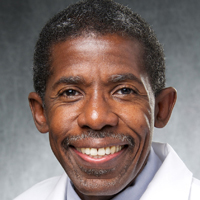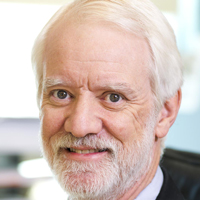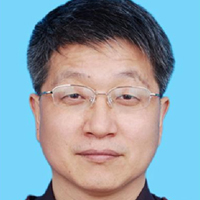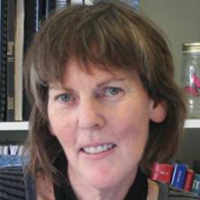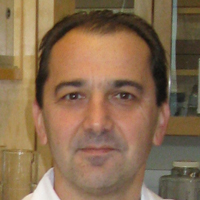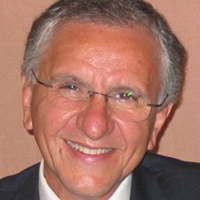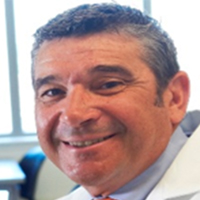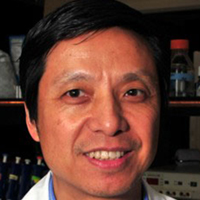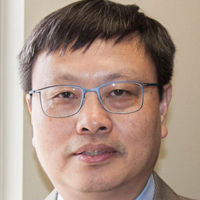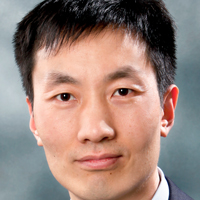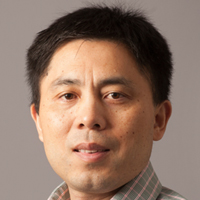
2009-present • Visiting Professor, Nanjing University, China
2008-present • Professor/Principal Investigator, Institute of Biophysics, Chinese
Academy of Sciences, Beijing, China
2002-present • Visiting Professor, Guizhou University, Guiyang, Guizhou, China
1999-2008 Research Assistant Professor, UT Southwestern Medical Center, Dallas,
TX 75235-9039, USA
1998-1999 • Instructor, UT Southwestern Medical Center, Dallas, TX 75235-9039, USA
1997-1998 • Assistant Instructor, UT Southwestern Medical Center, Dallas, TX
75235-9039, USA
1994-1997 • Postdoctoral Fellow, UT Southwestern Medical Center, Dallas, TX 75235-
9039, USA
1987-1994 • Ph.D., Clarkson University, Potsdam, NY 13699, USA
1985-1987 • Lecturer, Guizhou University, Guiyang, Guizhou, China
1982-1985 • MS, National Academy of Light Industrial Science, Beijing, China
1978-1982 • BS, Guizhou University, Guiyang, Guizhou, China
Lipid droplets, a cellular organelle that is involved synthesis, storage, and metabolism
of neutral lipids, have recently been linked to metabolic syndromes and biofuel
development. Our lab focuses on lipid droplet biology. We established a method to
isolate lipid droplets and have conducted proteomic studies of the organelle from
animal cells, skeletal muscle tissue, bacteria, and C. elegans. We identified a structurelike
protein, MLDS from bacteria and a marker protein from C. elegans. In addition, we
also carried out a lipidomic analysis for animal lipid droplets. Recently, we conducted
a comprehensive study including genome sequencing, comparative transcritomes, and
proteomic analysis for an oleaginous bacterium, and established a bacterial model
system to study lipid droplets. Our current projects include:
1) Molecular mechanisms of lipid droplet formation and dynamics: we try to identify
the common property of lipid droplet structure-like proteins and study how they
regulate lipid droplet formation and dynamic changes.
2) Cellular energy homeostasis and metabolic syndromes: we focus on the effects of
saturated and unsaturated fatty acids on insulin signaling; we also determine the
changes of lipid droplets in metabolic syndromes.
3) Biofuel storage in microorganisms: we study how lipid droplet formed and its
regulation mechanism, and try to build a photosynthetic bacterium to produce bio-oil.

